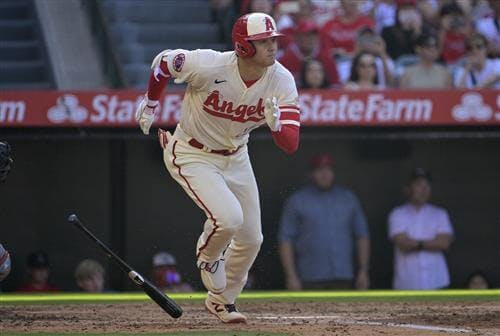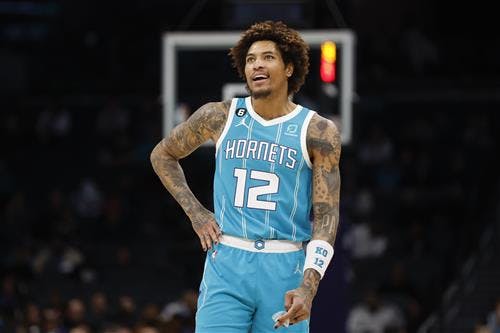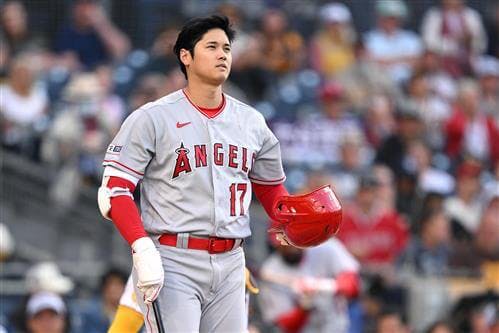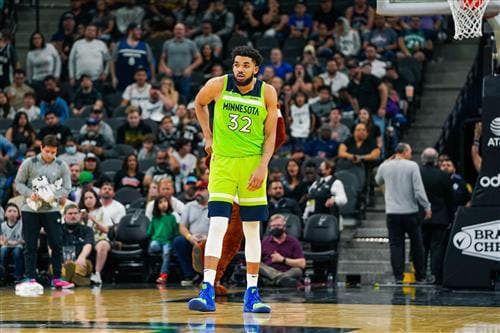Once more into the fray? Saturday night will be the 39th time manager Diego Simeone has led Atletico Madrid into a derby against Real Madrid -- the 40th if you include the day they scored seven in a friendly in New York, which Atleticos do, not least because when it comes to these two, there's no such thing as a friendly.
It could also be the last and final step. Exactly a month ago at the Santiago Bernabeu, when Simeone's team was defeated and eliminated from the Copa del Rey, Atletico's season effectively ended early. Afterwards he said he would get to June, then sit down with the club and see "what suits everyone."
This may yet not be goodbye, but it feels as close as it gets. Closer than it has got in the past decade at least, the idea of Simeone's departure publicly entertained and embraced. Doubts over his future, debates about the direction he and the club have taken, surface from time to time. The end has been declared nigh before only to not arrive; reports have even claimed it was done and he was gone. Written off, he won a league title, his second. When he came, winning one was unthinkable. But looking back on these 11 -- eleven! -- years, there is probably only one moment when it seemed as plausible that the next season would begin without him, and that was different.
That moment was in Milan. Atletico had just lost the 2016 Champions League final to Real Madrid, falling on penalties. Simeone had been coach for 4½ years: since taking over a club in crisis, Atletico had won the Europa League, the Copa del Rey, LaLiga and the Spanish Super Cup. They had reached two Champions League finals. They had been wildly, inexplicably successful. This is a club that had won just one trophy in the 16 years before he arrived.
Defeat, though, cut deep. Simeone was broken, empty. He said he didn't know what to do, that he had to reflect. He went away with his wife, leaving silence and terror behind. The idea that he might give up was a dreadful one; eventually, he decided he would. "I felt I didn't have the strength to keep leading the team," he would later admit. At the time, he said that he'd needed a period of "mourning" first. In that time, people pleaded with him to stay, fearing the whole thing would collapse if he left. The club's sporting director and CEO flew to Buenos Aires to convince him to stay.
It's hard to avoid the feeling that they wouldn't do that now; instead, if he chose to walk away, they would be pleased. They would never say so, of course -- certainly not publicly -- but it would save them having to take a difficult decision and, just as importantly, take ownership of it. No one wants to be the one to end it, even if they think ending it might be the best thing to do; it's an inertia born of the status he earned. Him leaving didn't bear thinking about then; now, it does. Now they can't help it. Even those who are his defenders, who emotionally would hold him forever, have moments when they wonder.
Might things be better? Might they play differently? Might going now before it's too late avoid a more awkward ending, leading to a breakup rather than a farewell? Might waiting just divide them all even more, the fall becoming faster and further and more painful? Has the club outgrown the man that made them grow in the first place? Has he created conditions that have changed everything, a victim of his own success? They have evolved; has he? Might someone else fit better now? Could it, in short, be time?









